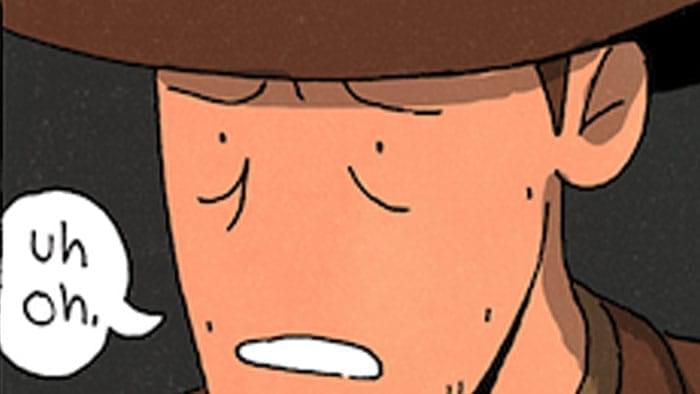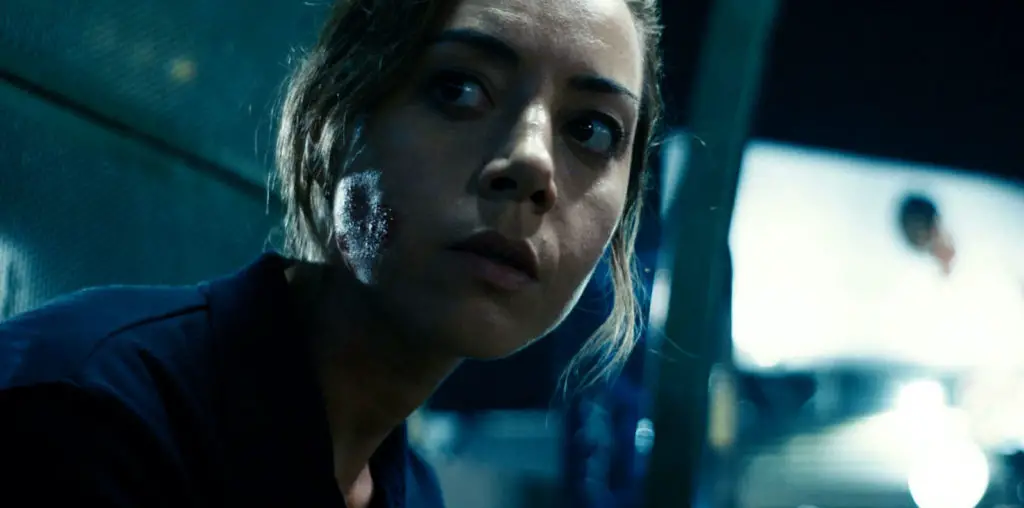
Imagine Hollywood in its gritty heyday: a nickel bought a working man or woman a ticket to a story that roared with life. It was a raw, untamed spirit, the kind that still flickers in an indie filmmaker grabbing a camera to shoot something bold, something real, against all odds. Back then, movies belonged to everyone. Today, sky-high prices lock that same worker out. What happened? Rationalism crept in, promising to perfect the chaos with logic and data: box office stats, audience trends, safe bets. It sounded smart, but it grew rigid, piling on rules and systems until it became a bureaucracy that snuffed out the fire that built Hollywood. This isn’t just a tech tale, it’s a creativity crisis, and indie film making with AI might be the way to fight back.
Hollywood’s Collapse Started Before AI
The rot set in long before AI sparked headlines. Guilds like SAG-AFTRA and the WGA once guaranteed quality, funneling top talent to studios. Over time, that shifted. The barriers weakened, letting unpolished newcomers flood in, armed with politics, not craft. They leaned on bureaucracy to climb, sidelining seasoned pros who could have mentored them. Then streaming took over. Studios saw a fast track past theaters and DVDs, churning out cheap content with underpaid interns instead of investing in art, without any thought or preparation for the future. Movies became lectures conceived by dull wits, not escapes, and audiences walked away. The cash slowed, the economic bubble shrank, all because the industry chased short-term wins over long-term vision. Blaming AI for this mess is like blaming a mirror for a bad haircut; it just reflects what is broken.
“Movies became lectures conceived by dull wits, not escapes, and audiences walked away.”
Creativity Is Remixing, Not Reinventing
Let’s talk creativity, the heart of filmmaking. Picture this: you’ve seen buses, big and clunky, rolling through town. You know purple from a crayon box, fur from a pet’s coat. Close your eyes, mix them up, and you could sketch a bus wrapped in purple animal fur, wild and fresh, born from what you’ve absorbed. That’s the gist of Kirby Ferguson’s online documentary titled Everything Is a Remix: art thrives by blending what’s come before. AI in filmmaking does the same. Feed it buses, colors, textures, and it learns to spot patterns, then spins out that purple furry bus from nothing. It’s not theft, it’s transformation, a tool indie filmmakers can wield to dream big on a shoestring without having to risk decades of their lives, and unshackled from Hollywood’s budget bloat and endless work-shopping with limited vision thinkers.
The Anti-AI Crowd’s Hidden Agenda
Now, the anti-AI chorus, what I call AI-Derangement Syndrome, screams danger. Dig deeper, and it’s murkier than it looks. Big tech fuels this fear, nudging guilds and stars who don’t grasp markets or open-source code into a panic. Why? Control. They want AI locked down, so they can lobby politicians, equally lost on tech’s tide, pushing rules that choke small players. It’s a monopoly move, not a moral stand for human creativity or copyright, crushing the indie spark in the creative economy. Then there’s the faded star, think Norma Desmond from Sunset Boulevard. She shot a man in the back for daring to speak the truth, then posed for the cameras over his corpse, chasing delusional fame. Today’s versions bash AI for relevance, knifing new talent to steal one last spotlight, blind to the wreckage they leave, all while having the nerve to invoke ethics.
“We’ve always woven past into future, and AI’s just another thread.”
Indie Film Making’s Thymotic Revival
Don’t let them dim your fire. Hollywood’s fumble is your shot. That drive to make something real, that gut push to create, lives in anyone ready to grab the tools. Indie filmmaking has never been freer: a cheap camera, free software, and AI to craft scenes only studios can afford. The audience for what you want to do may not be blockbuster-sized, but there are enough of them out there, waiting for what you have to offer, to give you a decent living out of your dreams. Blend the old ways, grit, and heart with these new powers, and you’ll spin stories even AI coders couldn’t dream up solo. The naysayers, scared of every fresh tide, want to smash it before it blooms. Tune them out. Stand your ground. Their abuse is affirmation that you’re heading in the right direction. We’ve always woven past into future, and AI’s just another thread. Seize it, shape it, and show the world that the human spirit still outshines the machine they dread.
Christopher Moonlight is an animator, special effects artist, and the director of the ‘Award This’ winning movie, The Quantum Terror. His upcoming animated sci-fi adventure, Escape From Planet Omega-12, combines traditional film-making special effects with AI to create something never seen before in independent film. You can follow the behind-the-scenes, including tutorials, tips, and tricks, on his YouTube Channel and Substack.
"…it’s murkier than it looks. Big tech fuels this fear, nudging guilds and stars who don’t grasp markets or open-source code into a panic. Why? Control."


